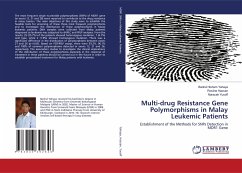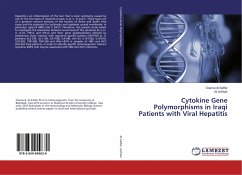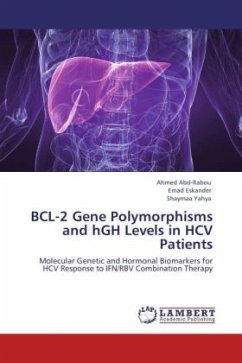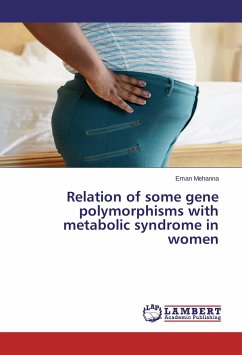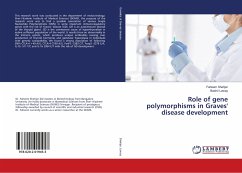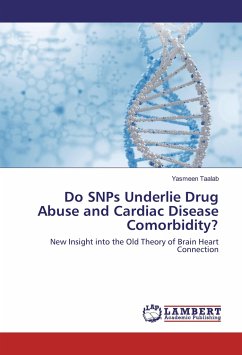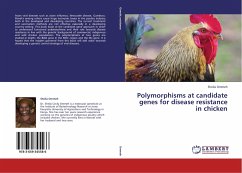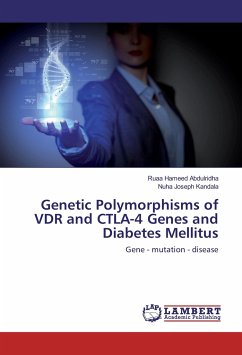The most frequent single nucleotide polymorphisms (SNPs) of MDR1 gene (in exons 12, 21 and 26) were reported to contribute to the drug resistance in many tumors. The main objectives of this study were to establish the feasible tools for screening of these three most frequent polymorphisms and to investigate the distribution of these polymorphisms in Malay leukemic patients. DNA samples were collected from Malay patients diagnosed as leukemia was subjected to dHPLC and RFLP analyses. From the results, 25 (25.7%) of the patients showed heterozygous mutation, 7 (6.7%) wild type, while 2 (1.9%) showed homozygous mutation. There was a significant difference in the distribution of polymorphisms between exons 21 and 26 (p<0.05). Based on PCR-RFLP assays, there were 93.2%, 96.1% and 100% of common polymorphisms detected in exons 12, 21 and 26, respectively. The association studies to investigate the clinical implications of the distribution of these polymorphisms especially in the response of treatment in these patients should be carried out in the future in order to establish personalized treatment for Malay patients with leukemia.
Bitte wählen Sie Ihr Anliegen aus.
Rechnungen
Retourenschein anfordern
Bestellstatus
Storno

